Academic Excellence and Small-Group Teaching
The Cambridge University – Nanjing Centre Summer School is designed for rigorous, interactive learning, mirroring Cambridge’s renowned teaching traditions. Our modules are developed and delivered by award-winning Cambridge academics, ensuring both intellectual challenge and accessibility for students from diverse academic backgrounds.
We prioritise small-group teaching, with lecture groups capped at 20 students and supervisions limited to 10 students, fostering an interactive, discussion-driven environment.
Programme Structure
Our three-week programme includes:
- One-Week Online Preparation (12 hours) – covering essential Mathematics, Statistics, and Python to ensure all students are prepared for in-person learning.
- Two-Week In-Person Learning at Cambridge (21 hours per module × 2 modules = 42 total hours), including:
13.5 hours of lectures (9 sessions, 90 minutes each)
7.5 hours of small-group classes (5 sessions, 90 minutes each)
Modules follow Cambridge’s supervision-style teaching approach, with interactive lectures, practical applications, and small-class discussions.
Module Selection & Flexibility
Students choose two modules: one from Module A list and one from Module B list (see “Programme Portfolio” for details of the module list).
A taster lecture during the first week allows students to explore our modules before making a final selection.
Before stepping into the historic halls of Cambridge, you’ll jumpstart your learning journey with an interactive week of online preparation. This week is designed to ensure you arrive in Cambridge fully prepared, confident, and ready to dive into advanced academic discussions. During this online Preparation Course, you will:
Strengthen your foundation
Engage in preparatory courses in mathematics and statistics that will equip you with the essential knowledge to excel in your chosen modules.
Explore and refine your choices
Attend taster lectures for the modules that introduce you to the diverse offerings of our main Academic Programme, helping you make informed decisions about your academic track.
Connect with instructors and peers
Begin interacting with your professors and classmates, building relationships before your in-person experience even begins.
By the time you arrive in Cambridge, you won’t just be prepared—you’ll be ahead!
Module Selection & Flexibility
Once you’ve been accepted into the Programme and secured your place, you’ll be able to select your modules through our online system.
Each student chooses two modules, one from Module (A) list and one from Module (B) list. Our taster lectures during the online preparation week allow you to explore different options before finalising your selection.
We encourage students to take advantage of this unique learning experience by choosing a balanced mix—a core course to build strong foundations and a specialised course to explore an advanced or applied topic.
Course Changes & Availability
You can adjust your course selection within the first week after arrival, ensuring you find the best fit. If your preferred course is full, check back regularly, as places may open when students switch courses.
Prior Knowledge & Academic Readiness
All modules are accessible to students from all academic backgrounds, though a basic understanding of calculus and probability is recommended. The online preparation week ensures all students are ready to engage with advanced material.
Students must take two modules for the full duration—partial attendance is not permitted.
One of the most valuable aspects of our Summer School is a series of career and postgraduate talks, designed to provide practical guidance, insider insights, and inspiration for your academic and professional journey. These sessions offer a unique opportunity to explore career paths, gain expert advice, and ask tailored questions that align with your ambitions.
Career Talks, Guest Lectures & Postgraduate Application Talks
At the Cambridge-Nanjing Summer School, we believe that learning extends beyond the classroom. That’s why we offer a series of exclusive career and academic talks, where students gain insider insights from industry leaders, Cambridge academics, and admissions experts. These events provide an invaluable opportunity to explore future academic and professional pathways while engaging in thought-provoking discussions.
Each session includes a Q&A segment, allowing students to interact directly with speakers, followed by informal networking opportunities.
Career Talks & Industry Insights
Learn from professionals at the forefront of Economics, Finance, and Data Science as they share their expertise on emerging trends, career paths, and real-world applications of academic knowledge. These talks offer practical guidance on navigating various industries and understanding the evolving job market.
Confirmed Guest Speakers for Summer 2025 Include:
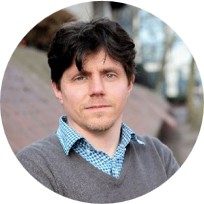 |
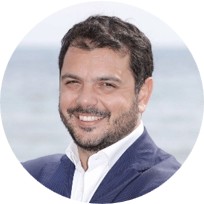 |
 |
|
Dr Maksim Sipos
Co-founder and CTO at causaLens, a leading AI company
|
Ayoub Semaan
Parter at Cultivating Leadership, a corporate leadership consultancy
|
Romans Popovs
Head of M&A Special Projects and Structuring at BP
|
Postgraduate Applications: Advice from Cambridge Admissions Experts
For students considering master’s or PhD programmes, we offer tailored postgraduate application talks led by Cambridge academics and admissions officers. These sessions provide first-hand guidance on securing a place at top universities, covering key selection criteria, application strategies, and insights into academic career planning.
Whether you're exploring potential career options or planning for postgraduate study, our talks will equip you with the knowledge, connections, and confidence to take the next step in your academic and professional journey.
Assessment Structure
Each course includes a 90-minute final written examination on the last day of the programme to evaluate students’ understanding. Specific assessment details are outlined in the course syllabi, which will be available upon course selection.
Credit Transfer & Certification
Upon successful completion of the programme, students receive a Certificate of Achievement from the Cambridge University - Nanjing Centre. Each course is broadly equivalent to one semester of undergraduate study at the University of Cambridge.
While the responsibility for securing credit transfer lies with each student, we will provide all necessary documentation, including detailed course syllabi, to facilitate the evaluation process by their home institution. We strongly recommend that students consult their university in advance to confirm credit transfer eligibility and requirements.
Transcripts & Grading
Upon completing the programme, participants will receive an official transcript within four weeks. This document can be submitted to their home institution as proof of academic achievement.
As the programme follows the UK percentage grading system, a conversion guide will be included in the transcript for your home institution.
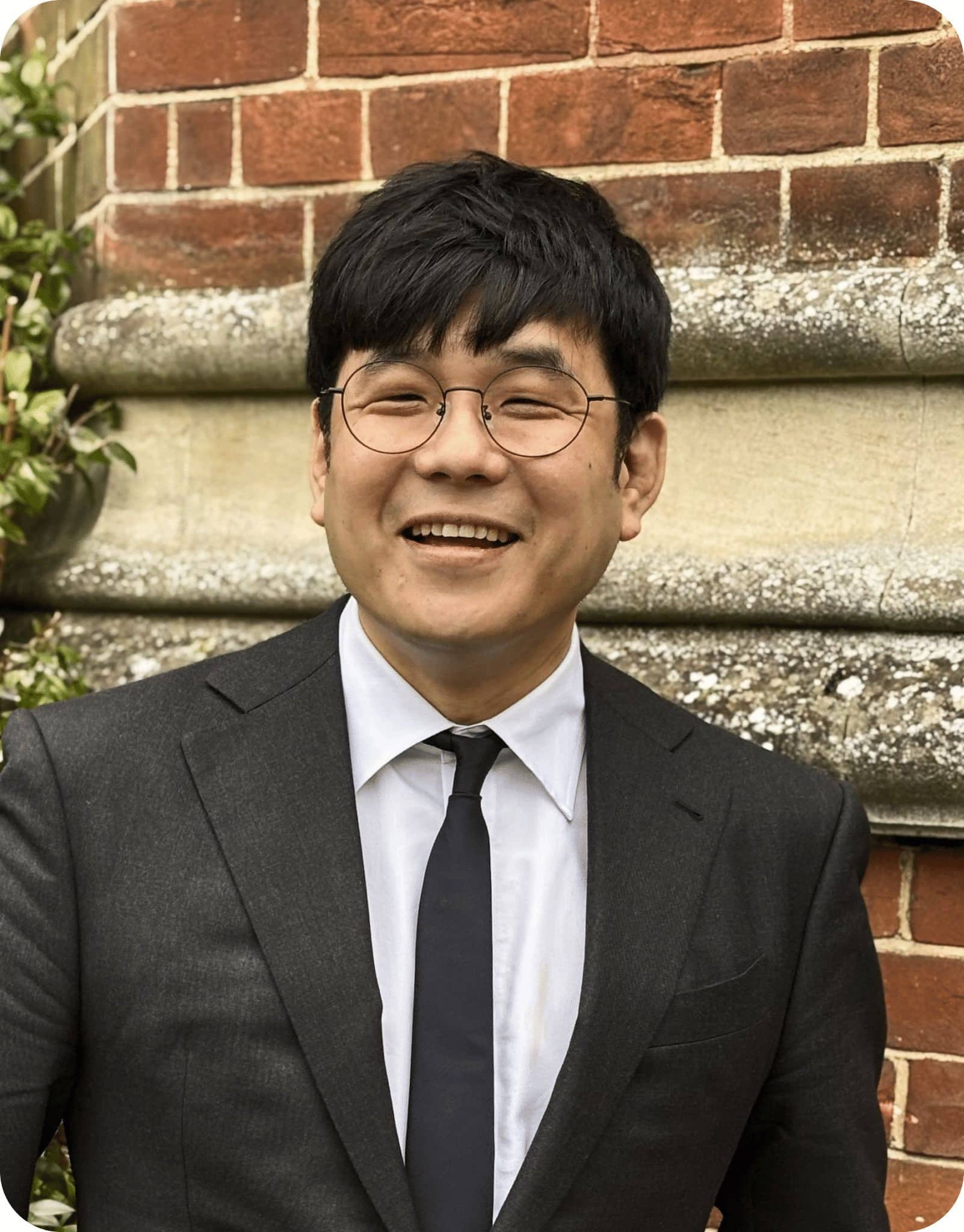 |
MyunGun Kim
MuynGun is an Assistant Professor of Economics, a Fellow of Selwyn College and the Director of Studies at Robinson College of the University of Cambridge,. He received his Ph.D. in Economics from the University of Cambridge. MuynGun has over ten years of experience teaching courses in Macroeconomics, Statistics and Econometrics at Cambridge. For his outstanding contributions to teaching, MuynGun has been awarded the Faculty of Economics Best Teaching Prize three times. His current research focuses on the measurement of productivity and the impact of changes in firm structures and business model innovations on productivity. He is particularly interested in understanding how new technologies and digitalisation affect productivity across various industries. He is presently working on a paper for the Productivity Institute, a consortium research organisation funded by the Economic and Social Research Council (ESRC). This paper focuses on firm-level productivity and vertical integration in the UK.
|
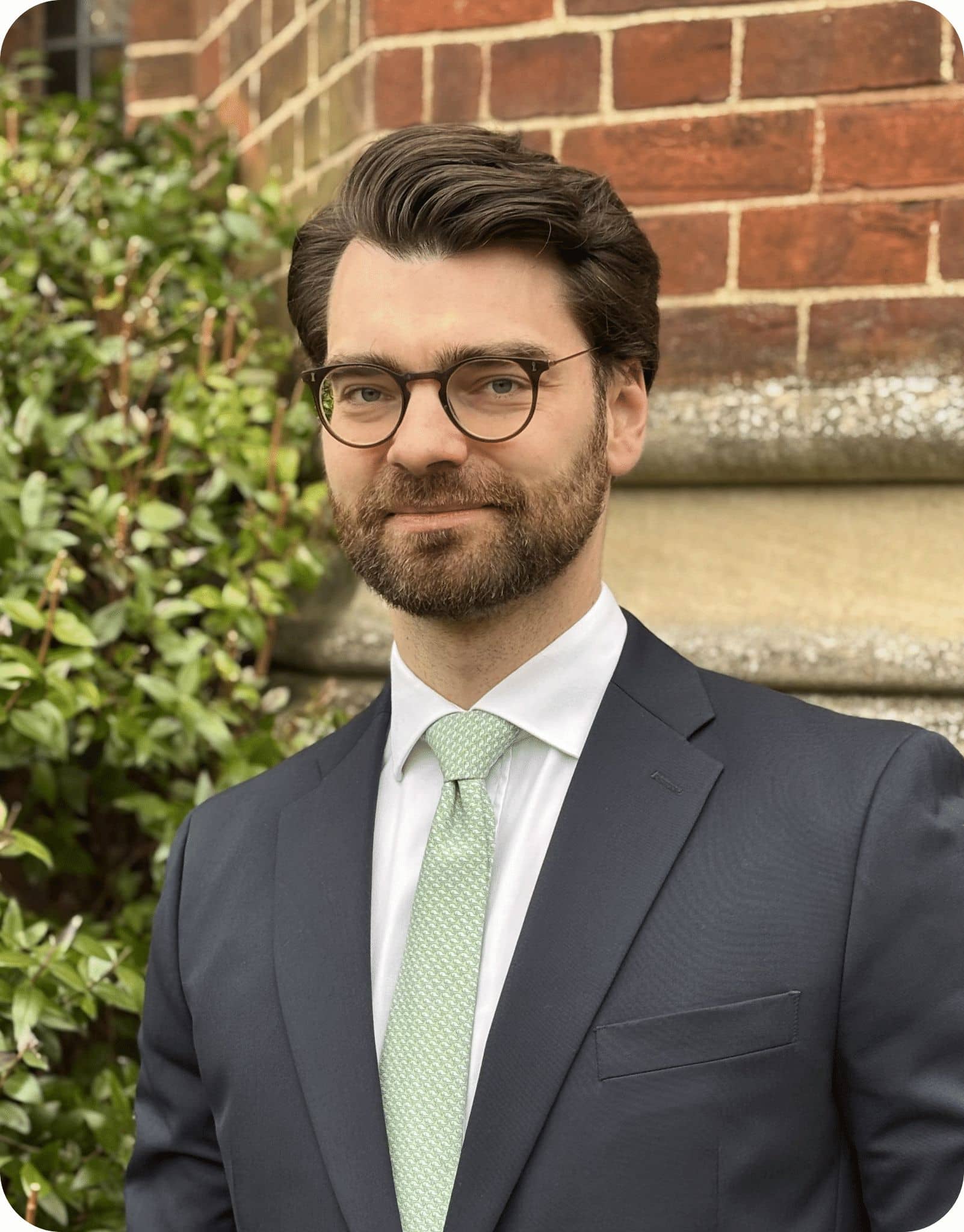 |
Oleg Kitov
Oleg is a Robert Martin Fellow and Associate Professor of Economics at Selwyn College and the Faculty of Economics at the University of Cambridge, where he is also the Director of Undergraduate Admissions in Economics. Oleg holds several postgraduate degrees in Mathematics, Economics and Finance from the University of Warwick, University of Oxford and the University of Cambridge. Oleg’s research interests are in econometric and data science methods, with applications to income distribution and macroeconomics. Oleg has fifteen years of experience lecturing and supervising at Cambridge and Oxford for over 20 courses in Mathematics, Statistics, Econometrics, Data Science and Macroeconomics to undergraduate and postgraduate students. Over the years, Oleg has been a recipient of multiple awards for teaching excellence and developing innovative teaching methods. These include, among others, the University-wide Teaching Award for the Best Supervisor, an Award from the Teaching and Learning Innovation Fund of the University of Cambridge, the Technology-Enabled Learning Prize from the Cambridge University Press, and the Pilkington Prize for Teaching Excellence.
|
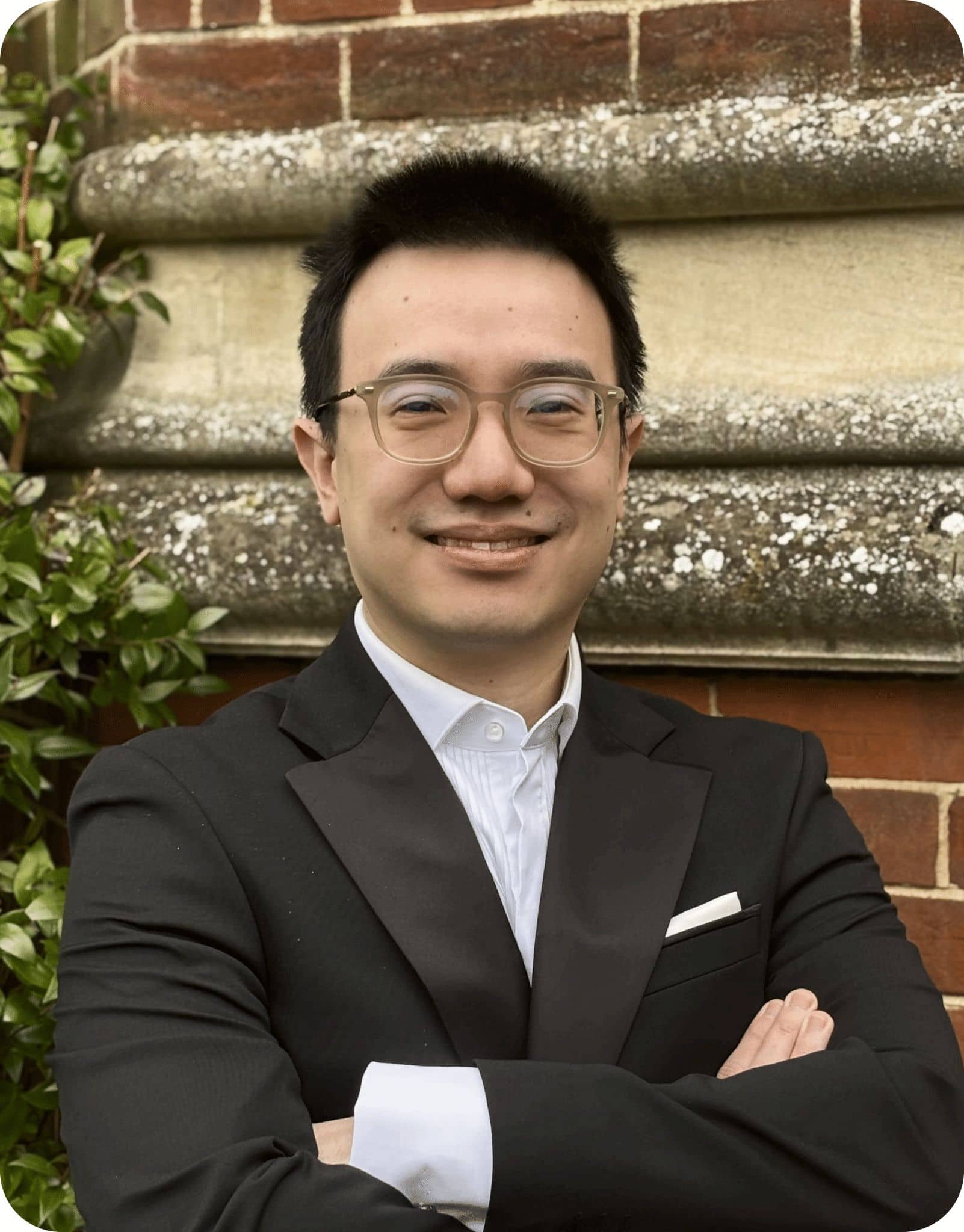 |
Ruohan Qin
Ruohan is a College Teaching Associate at Selwyn College, a Bye-Fellow at Downing College, and a Senior Teaching Member at Robinson College, University of Cambridge. He has taught undergraduate and postgraduate courses in Microeconomics, Labour Economics, Industrial Organisation, and the Economics of Networks. In recognition of his outstanding teaching, he has received the Faculty of Economics Best Teaching Prize multiple times. Ruohan's research moves beyond the traditional economic framework of voluntary exchange to explore the dark side of economics, where limited property rights lead agents to engage not only in production but also in appropriation—through theft, raiding, and war. His work focuses on the formation of conflict networks, the impact of networks on conflict dynamics, and institutional interventions designed to mitigate conflict and enhance social welfare. In addition, Ruohan has been regularly featured on China Global Television Network (CGTN), providing expert commentary on contemporary social and economic issues.
|
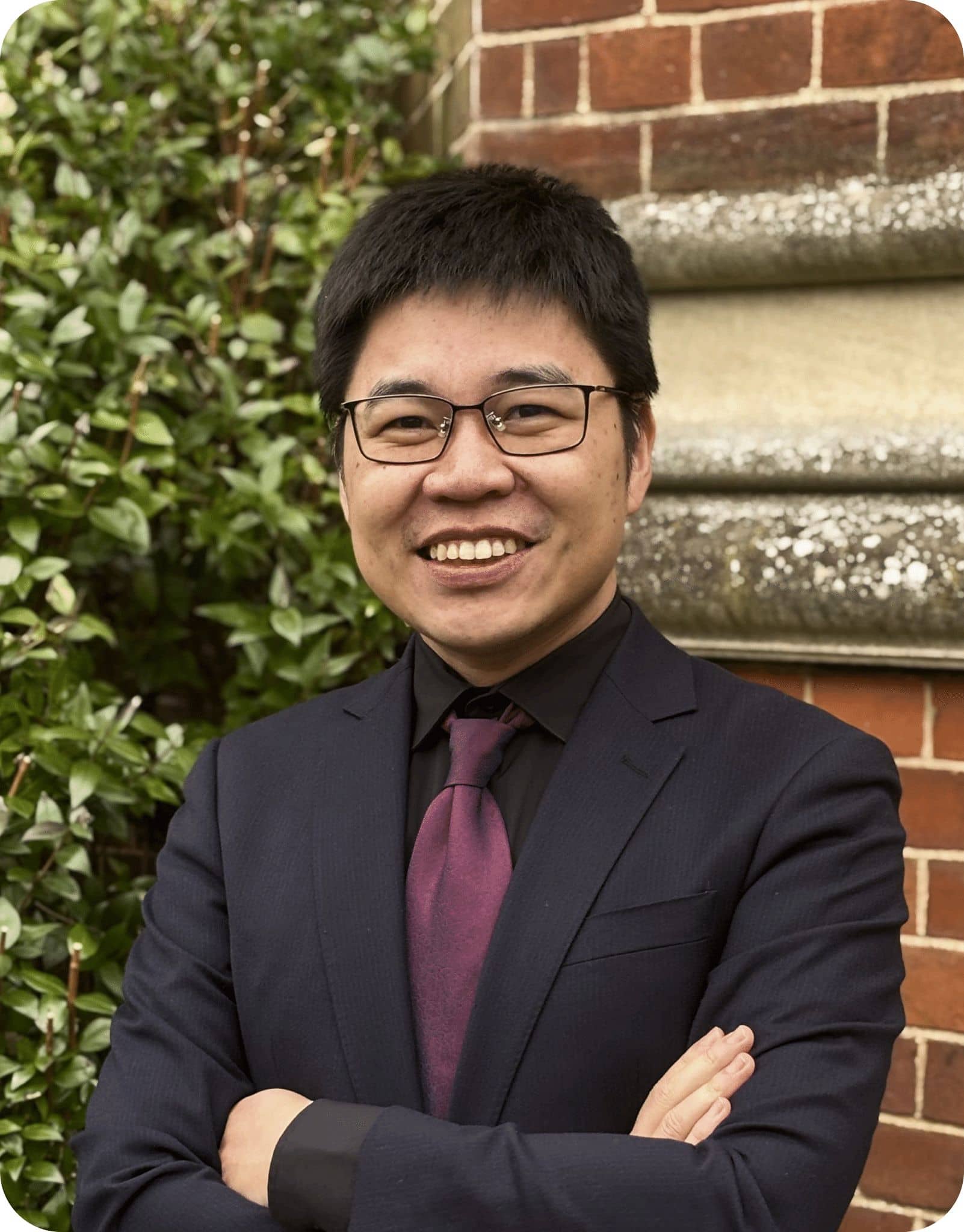 |
Weilong Zhang
Weilong is an Associate Professor of Economics at the University of Cambridge, a Fellow at Selwyn College and a member of the Postgraduate Admissions Committee at the Faculty of Economics. He earned his Ph.D. in Economics from the University of Pennsylvania. With seven years of experience lecturing and supervising undergraduate and postgraduate courses in Microeconomics, Labour Economics and Finance, Weilong has consistently received high evaluations from students. Weilong specialises in labour economics, education economics, household finance, and psychological economics. His research explores the interplay between personality traits and labour market outcomes, the effects of minimum wage policies, and the impact of educational programmes on academic achievement. Weilong’s work has been published in leading journals, including the Journal of Political Economy, Journal of Labor Economics, Review of Financial Studies, and Quantitative Economics.
|


